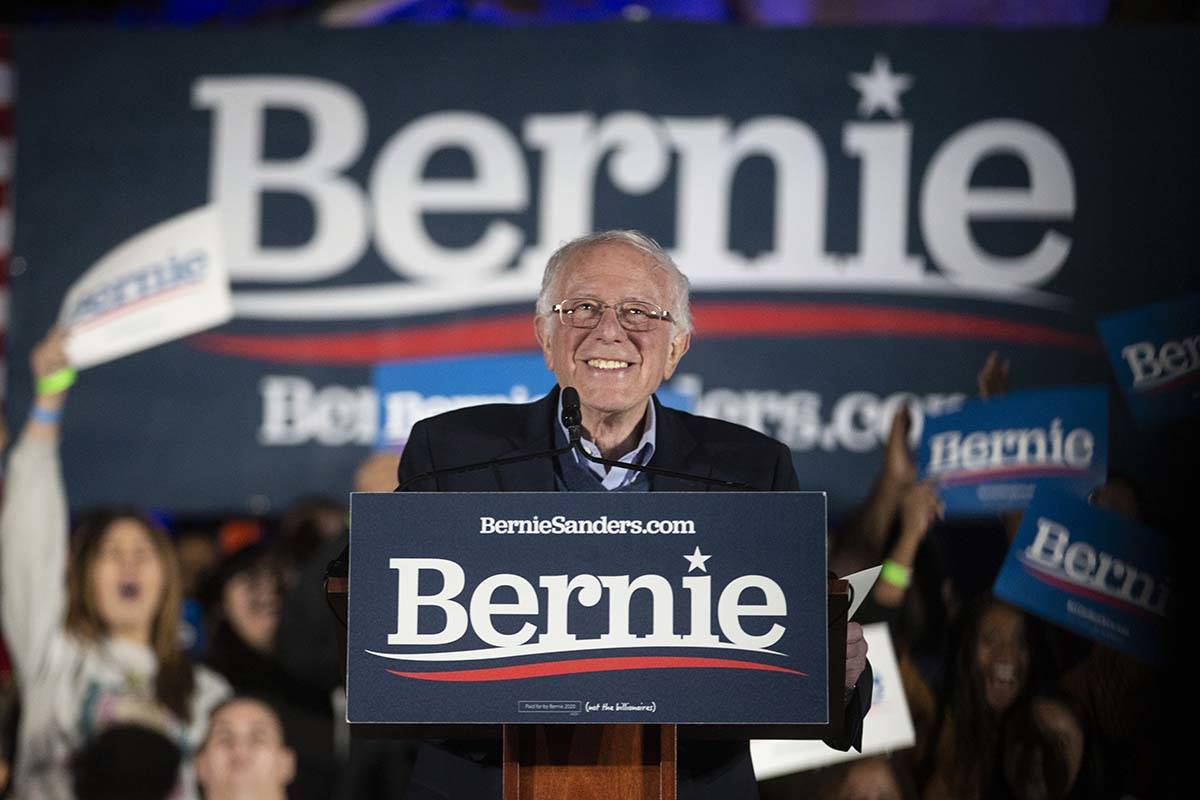TIM BURKE: More government contol means less freedoms
“Socialism” is a political ideology that gained political prominence during Bernie Sanders’ two failed campaigns to be the Democratic party candidate for president. Sanders describes himself as a “democratic socialist” and an admirer of aspects of social democracy as practiced in the Scandinavian countries. His proposed policies emphasize reversing economic inequality.
Socialism, in its simplest definition, is popular control of the means of production, distribution, and exchange, either by public ownership or through bureaucratic oversight and control.
In a social democracy, individuals and corporations continue to own the capital and the means of production. Much of the wealth, in other words, is produced privately. That said, taxation, government spending, and regulation of the private sector are much heavier under social democracy than would be the case under pure capitalism.
The U.S. is still a capitalist country. A capitalist economic system is characterized by private ownership of assets and business. A capitalist economy relies on free-markets to determine, price, incomes, wealth, and distribution of goods. The United States is not capitalism in its purest form and is instead a “mixed economy,” meaning that it has characteristics of both capitalism and socialism. Companies, whether privately held or shareholder-owned, are driven by one common goal, to be profitable. The more profit made, the wealthier the owners or shareholders become.
Under capitalism, it’s the government’s job to enforce laws and regulations to make sure there is a level playing field for privately-run companies. The United States government has in place regulations to protect employees’ rights, employee safety, truth in advertising, protect the environment and hold corporations accountable for the amount of power they have in a very business-driven society.
We already have in place programs considered “socialist.” Medicare, Social Security, and the public school system rely on tax dollars to subsidize these programs and are under government control. One of the best examples of socialism in the United States is professional sports. Most leagues now have a salary cap that limits how much a team can pay in salaries. If they go over the cap, they must pay a penalty tax that is distributed to the less successful teams that have lower payrolls.
The tax limits a team from signing all of the best players to large contracts and maximizing that team’s chances of consistently winning. The worst teams are awarded the highest draft picks each year, and the very best team gets the last pick. TV revenues are shared equally, regardless of their TV market or the size of each team’s fan base. These rules have been put in place to create “parity” among teams ensuring that no one team will dominate their league year in and year out.
The” Democratic Socialist” ideal is growing in popularity, especially with young voters. Young voters heavily favored Bernie Sanders and his platform during the presidential primaries. Young voters are concerned about the environment, health care, Social Security, student loans, and being able to afford to buy a home. A presidential candidate that promises to promote economic equality has strong appeal not only to young voters, but to lower-income families, and even to much of the middle class.
Their concerns about economic equality are not unfounded. Over the past 50 years, the highest-earning 20% of U.S. households have steadily brought in a larger share of the country’s total income. Income inequality in the U.S. is the highest of all the G7 nations, according to data from the Organization for Economic Cooperation and Development. The black-white income gap in the U.S. has persisted over time, with the median black household income 61% of median white household income in 2018. The wealth gap between America’s richest and poorer families more than doubled from 1989 to 2016.
Is this wealth gap the fault of our hybrid “capitalist/socialist” economy? Is the answer to move toward a more “Democratic Socialist” economy? Most Americans agree that we must be mindful of our environment. That some sort of universal health care system should be in place. That our public school system needs to improve. That Social Security needs to be protected. That mental health problems and drug addictions are national crises that need solutions. That people need to be fed and that they should not have to live on the street because of a lack of affordable housing.
But it may also mean higher taxes and more government control, which could lead to less freedom from the government in our lives.
Tim Burke is a businessman, philanthropist, educator and Pahrump resident. Contact him at timstakenv@gmail.com

















